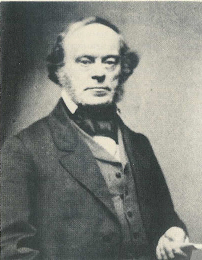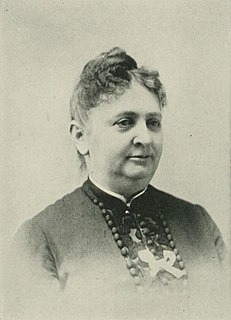A Quote by Frederic Henry Hedge
Talent is some one faculty unusually developed; genius commands all the faculties.
Related Quotes
The peril of every fine faculty is the delight of playing with it for pride. Talent is commonly developed at the expense of character, and the greater it grows, the more is the mischief. Talent is mistaken for genius, a dogma or system for truth, ambition for greatness, ingenuity for poetry, sensuality for art.
These two rational faculties may be designated the Scientific Faculty and the Calculative Faculty respectively; since calculation is the same as deliberation, and deliberation is never exercised about things that are invariable, so that the Calculative Faculty is a separate part of the rational half of the soul.
The old idea that some genius pulls all of this stuff out of the air is ridiculous. As Ridley pointed out, the only way Edison could invent the lightbulb is because all the elements had been developed before. That's obvious it wasn't just his genius - 20 others developed it at the same time. And that's true for almost every invention and discovery.






























